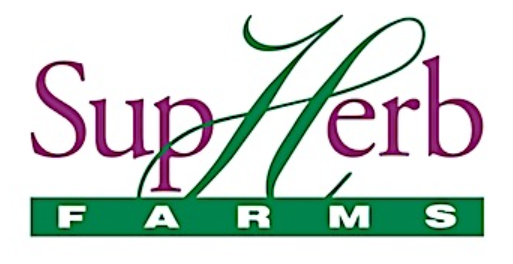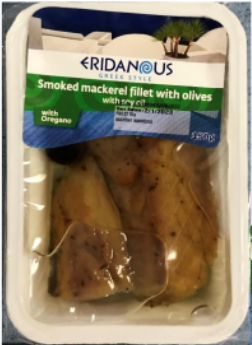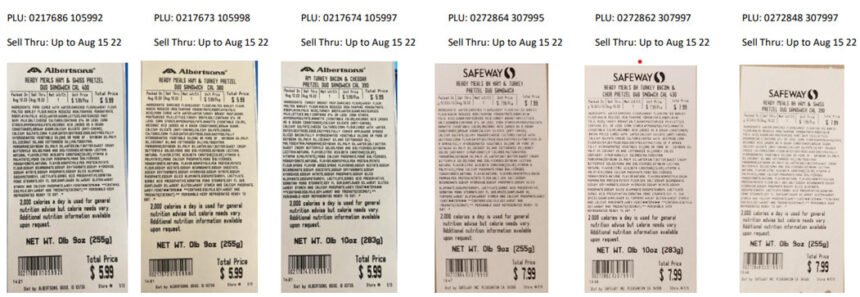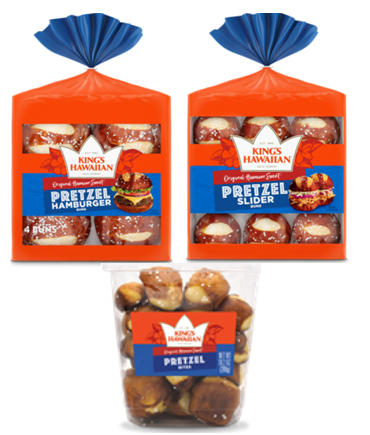Albertsons Companies (NYSE: ACI), in cooperation with the recall of King’s Hawaiian pretzel roll products, is recalling 18 store-prepared items made with King’s Hawaiian pretzel rolls. The King’s Hawaiian recall is due to its potential for microbial contamination, including from the organisms Cronobacter sakazakii and Clostridium botulinum. No illnesses associated with King’s Hawaiian pretzel bread have been reported, and no pathogens have been found in any King’s Hawaiian products to date. The store-prepared items were available for purchase at Albertsons, Safeway, Lucky, Carrs-Safeway, Eagle, Tom Thumb, United, Amigos, Market Street, Albertsons Market, Andronico’s Community Markets, Vons, Pak ‘N Save, Shaw’s, Star Market, Randalls, Jewel-Osco, ACME, King’s and Balducci’s. The stores are located in the following states: Alaska, Arkansas, California, Colorado, Connecticut, Delaware, Hawaii, Idaho, Illinois, Indiana, Iowa, Louisiana, Maine, Maryland, Massachusetts, Montana, Nebraska, Nevada, New Hampshire, New Jersey, New Mexico, New York, North Dakota, Oregon, Pennsylvania, Rhode Island, South Dakota, Texas, Utah, Vermont, Virginia, Washington, Washington D.C., and Wyoming. @ https://ktvz.com/news/central-oregon/2022/08/14/albertsons-safeway-recall-store-prepared-sandwiches-with-kings-hawaiian-pretzel-rolls/




